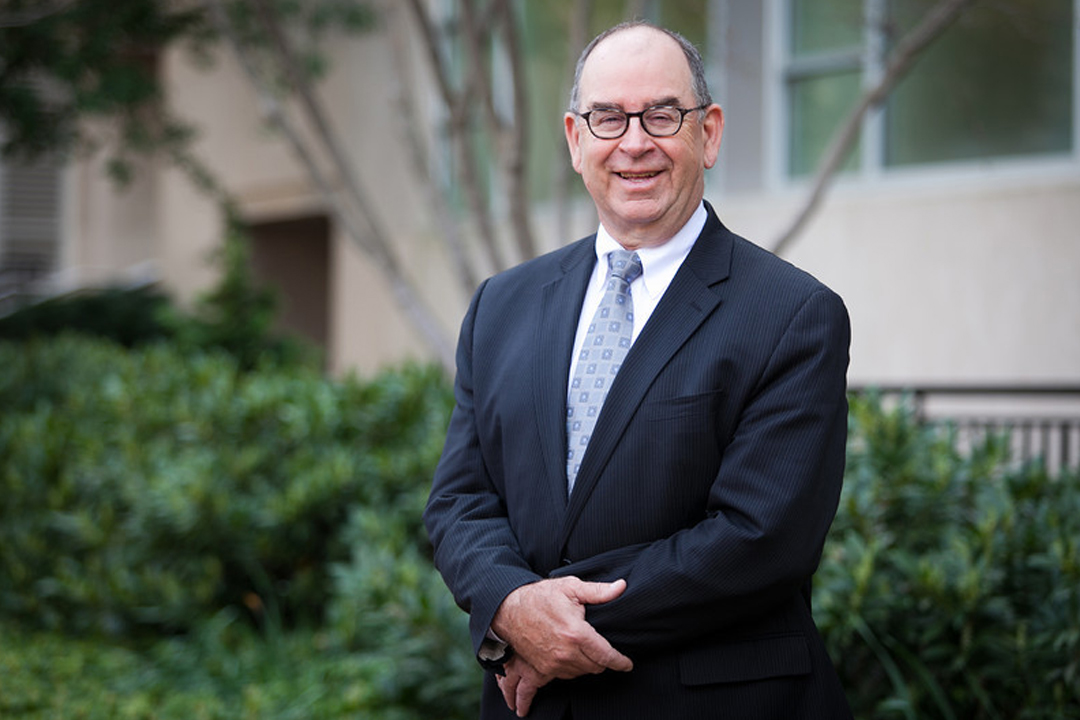LeRoy C. Paddock, the former Associate Dean of the GW Law Environmental and Energy Law Program and currently a Distinguished Professorial Lecturer in Environmental Law, was named the recipient of the inaugural 2020 GW Faculty Award for Meritorious Contributions to Sustainable GW.
The award, which will be presented annually, honors a GW faculty member who has made a significant impact on the University’s institutional commitment to sustainability in academics. In addition to the faculty award, a student or team of students also receives an award each year for sparking change at GW on sustainability issues.
Both awards were to be announced this year as part of GW’s events to commemorate the 50th anniversary of Earth Day. In lieu of a celebration on campus, the program developed a list of 50 actions that people can take on Earth Day that focus on caring for yourself, caring for communities, and caring for the planet.
“I am extremely grateful for this recognition from the University,” said Dean Paddock. “It was a privilege to shepherd GW Law’s Environmental and Energy Law program for 12 years, and I share this award with the students, faculty, alumni, and staff who have made this program into one of the country’s finest over the 50 years of its existence.”
Dean Paddock took the helm of the GW Law Environmental Law Program in 2007 and led the program until his retirement in 2019. Under his leadership, the program expanded its focus on energy law— launching the George Washington Journal of Energy and Environmental Law, adding several new energy law courses, and creating the Sustainable Energy Initiative.
In 2010, the revamped Environmental and Energy Law Program was recognized with the American Bar Association (ABA) Section of Environment, Energy, and Resources (SEER) Award for Distinguished Achievement in Environmental Law and Policy.
In addition to his work at GW Law, Dean Paddock is Secretary of ABA SEER. He is also a member of the Academic Advisory Council on Energy for the International Bar Association’s Section on Environment, Energy, Resources, and Infrastructure Law.
Prior to coming to the law school, he was the Director of Environmental Legal Studies at Pace University Law School from 2002 to 2007. He also was a visiting scholar at the Environmental Law Institute between 1999 and 2002, focusing on the Clean Air Act, state-federal relationship, and enforcement issues. From 1978 to 1999, he was an assistant attorney general with the Minnesota Attorney General’s Office.


